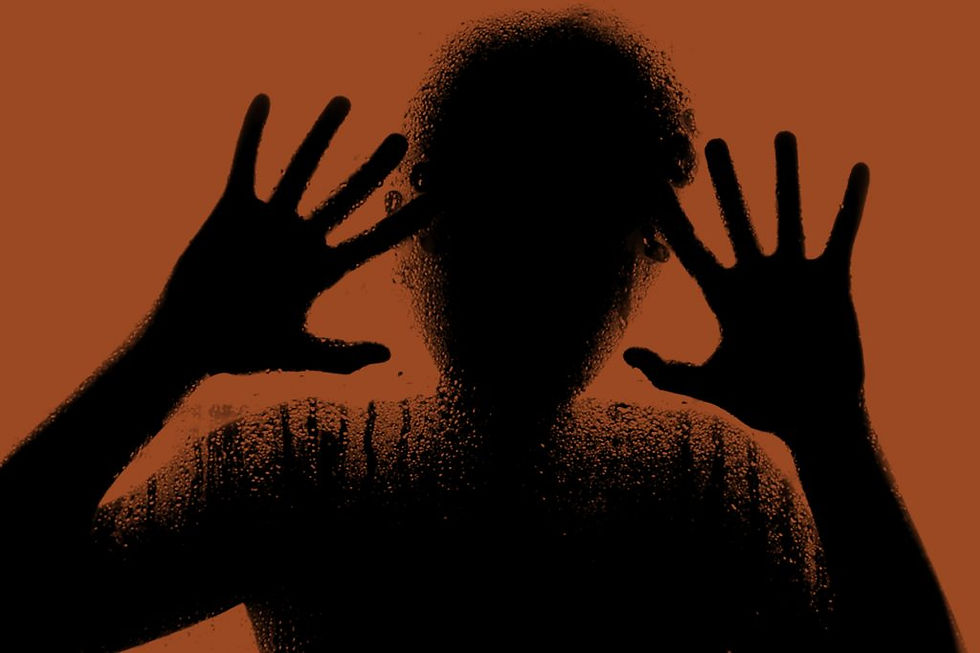Types of PTSD and trauma
- Francis Njau
- Feb 25, 2023
- 2 min read
Trauma or PTSD symptoms can result from many different types of distressing experiences, including military combat, childhood neglect or abuse, racism, an accident, natural disaster, personal tragedy, or violence.
PTSD in military veterans
For all too many veterans, returning from military service means coping with symptoms of PTSD. You may have a hard time readjusting to life out of the military. Or you may constantly feel on edge, emotionally numb and disconnected, or close to panicking or exploding. But it's important to know that you're not alone and there are plenty of ways you can deal with nightmares and flashbacks, cope with feelings of depression, anxiety or guilt, and regain your sense of control.

Emotional and psychological trauma
If you've experienced an extremely stressful event—or series of events—that's left you feeling helpless and emotionally out of control, you may have been traumatized. Psychological trauma often has its roots in childhood, but any event that shatters your sense of safety can leave you feeling traumatized, whether it's an accident, injury, the sudden death of a loved one, bullying, domestic abuse, or a deeply humiliating experience. Whether the trauma happened years ago or yesterday, you can get over the pain, feel safe again, and move on with your life.

Rape or sexual trauma
The trauma of being raped or sexually assaulted can be shattering, leaving you feeling scared, ashamed, and alone, or plagued by nightmares, flashbacks, and other unpleasant memories. But no matter how bad you feel right now, it's important to remember that you weren't to blame for what happened, and you can regain your sense of safety, trust, and self-worth.

Racial trauma
Race-based traumatic stress stems from exposure to racist abuse, discrimination, or injustice. It can erode your sense of self-worth and lead to anxiety, depression, chronic stress, high blood pressure, disordered eating, substance abuse, and even symptoms of PTSD such as hypervigilance, negative thoughts, and mood changes. But there are ways to strengthen your resilience and protect your mental health.

What is complex PTSD (CPTSD)?
Complex post-traumatic stress disorder (CPTSD or C-PTSD) is often considered more severe than PTSD. It’s caused by chronic exposure to traumatic events. If you grew up in an abusive household, for example, years of sustained domestic violence could result in CPTSD. People who experience the prolonged trauma of conditions like slavery or torture might also suffer from this disorder.
If you have CPTSD, you may experience many of the same symptoms of PTSD, such as hypervigilance, flashbacks, and emotional numbness, as well as:
Negative thoughts about yourself. You struggle with consistent thoughts of worthlessness and intense shame.
Difficulty controlling emotions. You have intense reactions, feeling overly sensitive, and struggle with anger. You might experience dissociation, a feeling of disconnection with the world around you.
Difficulty with relationships. You have a hard time establishing or maintaining friendships and romantic relationships. Feelings of isolation are common.
Complex PTSD also has some overlapping symptoms with borderline personality disorder (BPD). For many people, trauma may play a role in the development of BPD.
Whatever your personal experiences or symptoms of PTSD, the following tips can offer effective ways to help you heal and move on:





Comments